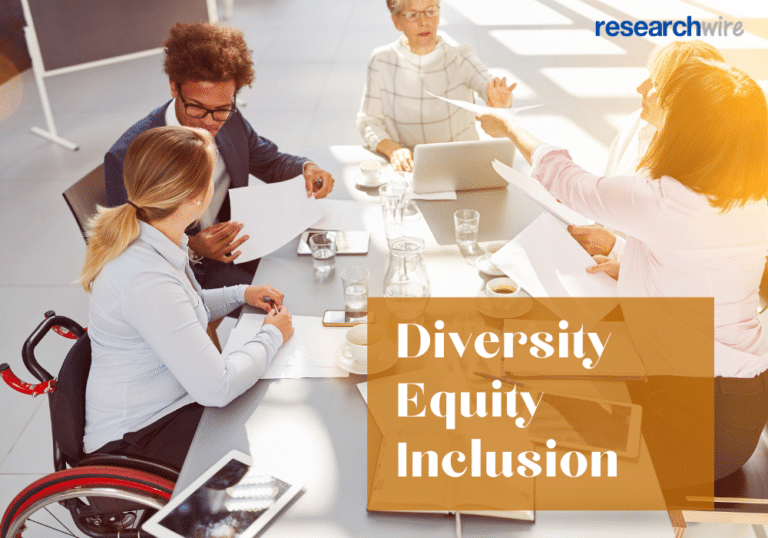As a Founder and Managing Director, Bikram plays a key role in the day to day operations and formulating strategies for smooth execution of research assignments. Bikram is also responsible for client acquisition and client engagements in Asia pacific region. Bikram helps global technology companies monetize their IP assets through automated tools and helps them generate more value out of their IP. He has the expertise of assisting clients on a wide range of technologies such as Semiconductors (circuits and processes), Wireless Technologies, Memory Devices, Cloud Computing, and Consumer Electronics.
Bikram has been advising several Global 500 clients in effective patent portfolio optimization and competitive benchmarking analysis to help them understand their position in the industry. Bikram has extensive experience in assisting clients on high stake US, Japanese and Chinese patent litigation cases. Recently, Bikram has been actively involved in advising clients on new product development strategies and technology Landscape studies.
Diversity Equity & Inclusion: A look at the evolving landscape of talent policy & insights
– Smriti Nandekar, HR (Researchwire)
Human capital is at the core of any organization. It is the people and the interrelationships between them that create the environment for individuals to shine; and it is individual excellence that drives company performance and profitability.
Let us step back for a minute and ask how these personal interrelationships lead to outperformance and better business growth. At Researchwire, we have found that a team that combines talent, skills and attitudes from a cross-section of backgrounds outperforms on all parameters including innovation. When we provide a platform for diverse views and voices, lives and learning to come together, we are able to effectively harness the power of a professional family.
This observation has been borne out by empirical research. McKinsey, who has studied this area for more than a decade, found that various forms of diversity can significantly boost performance. A longitudinal study done in 2014, 2017, and 2019 showed that gender-diverse teams were 25% more likely to deliver above-average profitability while ethnically diverse teams were 36% more likely to do so.
But is diversity enough?
So we have established that diversity is key to business success. However, is it adequate to hire diverse people and expect them to create magic? The Josh Bersin Academy report on Diversity and Inclusion in 2021 notes, “the issue is no longer just “diversity”… inclusion should be the goal, and diversity is the result — thereby flipping the focus to actual behaviors.”
In other words, if employees are treated unfairly, they will never feel like they belong. How then can we embed inclusivity in the company DNA? An interesting outcome of the work-from-home shift of the pandemic is that it has been a catalyst for change and a great equalizer – people are more themselves than ever before. Therefore leaders need to create an organization where everyone can feel comfortable being themselves and sharing their viewpoints. This will unlock the creativity of diverse teams and help the organization thrive.
At Researchwire, we have always prioritized openness to foster this inclusive behavior. We proactively encourage people to bring their varied perspectives to work. As expected, this has an added benefit. As an inclusive workplace, the organization takes extra steps to be aware of individual perceptions of the psychological safety they are experiencing thereby cultivating an innovative environment. Since talent, especially Millennials and Gen Z are placing a greater value today on positive company culture and meaningful employee experience than compensation; we find that we are able to attract keen, highly-skilled candidates. “Psychological safety prevents teams to fall prey to analysis paralysis and leads to faster decision making”- Anne-Laure Le Cunff recap of original work of Amy Edmondson.
The importance of being people-first
Inclusivity comes into play for talent retention too. In this case, the leadership and the policymakers have to put their people before themselves. Companies have to go beyond competitive compensation to satisfy the ‘softer’ human needs, moving from a system that values incentives to one that values empowerment. The leadership approach has to shift from proud and decisive to humble and empathetic; listening to employees has to be as key as listening to customers and market forces; problem-solving in the HR domain has to shift from identifying the problem and fixing it to getting to the root of the problem and eliminating it; success has to be defined not by financial and performance outcomes alone but should also include grit, passion and risk-taking.
Across industries and businesses there can never be a one-size-fits-all ‘talent-strategy’ solution. What works for your competitor may not work for you. You cannot replicate another brand, recruitment style or pay structure. Hence, in a constantly evolving space, it is important to listen to your people and evolve.
What about equity? 
This global paradigm shift towards a human-centered and employee-first approach by organizations has led to the formal adoption of Diversity, Equity and Inclusion (DE&I) policies. So what is equity? We are all aware that equity is not the same as equality. But it is worthwhile to reinforce this whenever one can.
Let us examine the oft-discussed issue of gender-pay gaps. A report covering more than 500 large, medium and small companies across 13 major industry sectors, by recruitment services firm, Michael Page India found that India needs to fix its gender pay gap issue.
This would be equality – a first step. To push this towards equity for women, it would have to be accompanied by supportive parental policies for both genders, career progression unhampered by breaks women sometimes need to take for crucial caregiving, and development programmes to help women shed the social conditioning due to which they believe that ambition is a male preserve.
Hence, equity means providing those sections of society which are at a disadvantage with greater support than those that are not. It is the responsibility of all entities and individuals in power to emphasize and act on building equity – and companies are no different. Equity is the essential third pillar to making everyone feel safe and comfortable to contribute their best at the workplace.
The role of metrics
Business-related metrics and strategy can drive the best DEI outcomes. At work, we all adhere to that which can be quantified. DE&I values need to be integrated into core functioning across the organization and tied into employees’ KPIs and business commitments.
For example, manager and HR KPIs can be linked to team diversity and 360 degree inputs from team members who are the beneficiaries of equity initiatives. Similarly, an external-facing function such as procurement can be gauged on how many suppliers it partners with who are from economically-backward regions.
The Michael Page report found that nearly 60% of people surveyed across the APAC region were no longer willing to compromise on mental well-being for their careers. A safe inclusive workplace that demonstrates its commitment to diversity by hiring and retaining people from all backgrounds and lived experiences can emerge as a talent magnet in these new times.
Researchwire truly believes in an inclusive culture and openness to work and this builds innovation at workplace.



